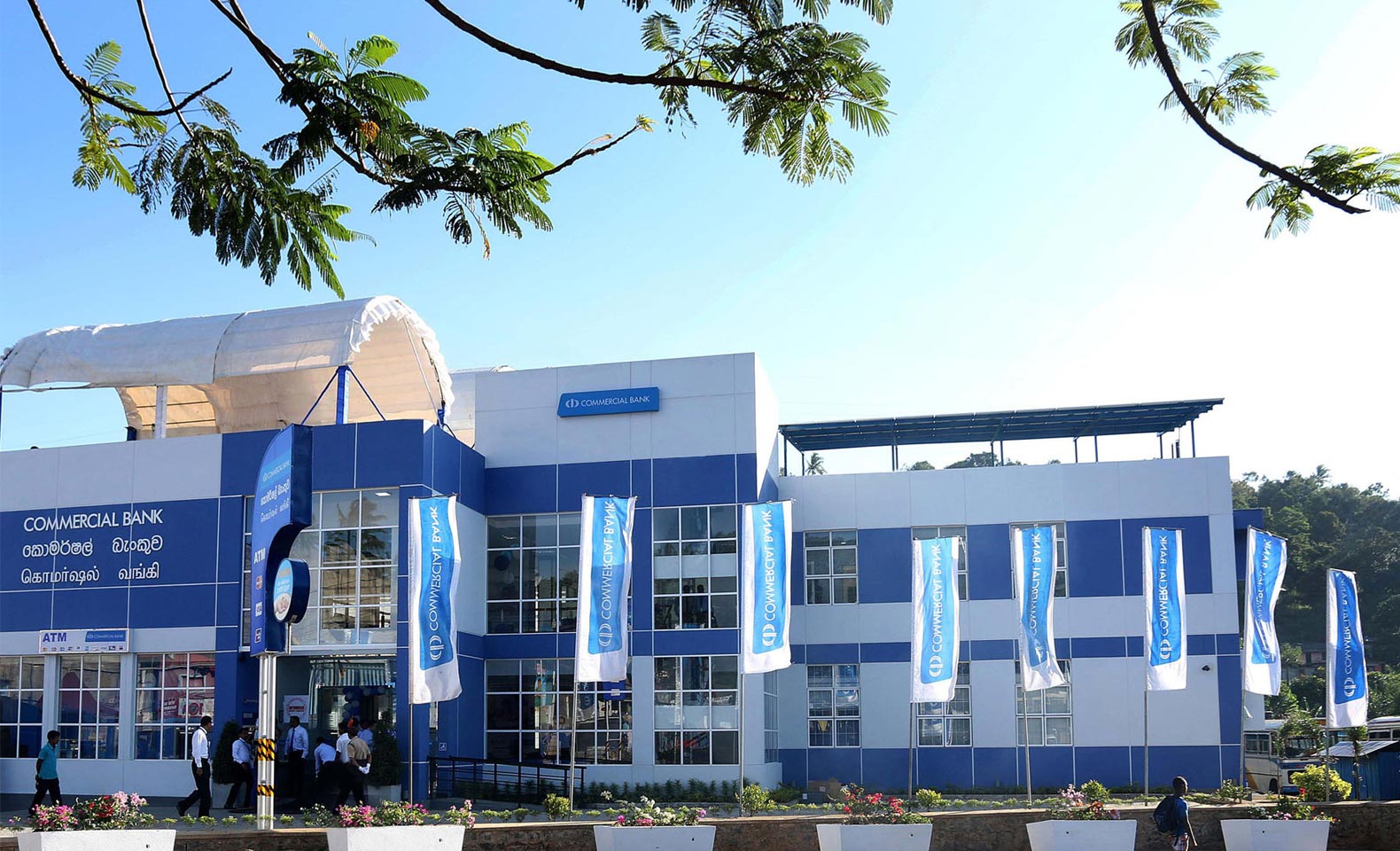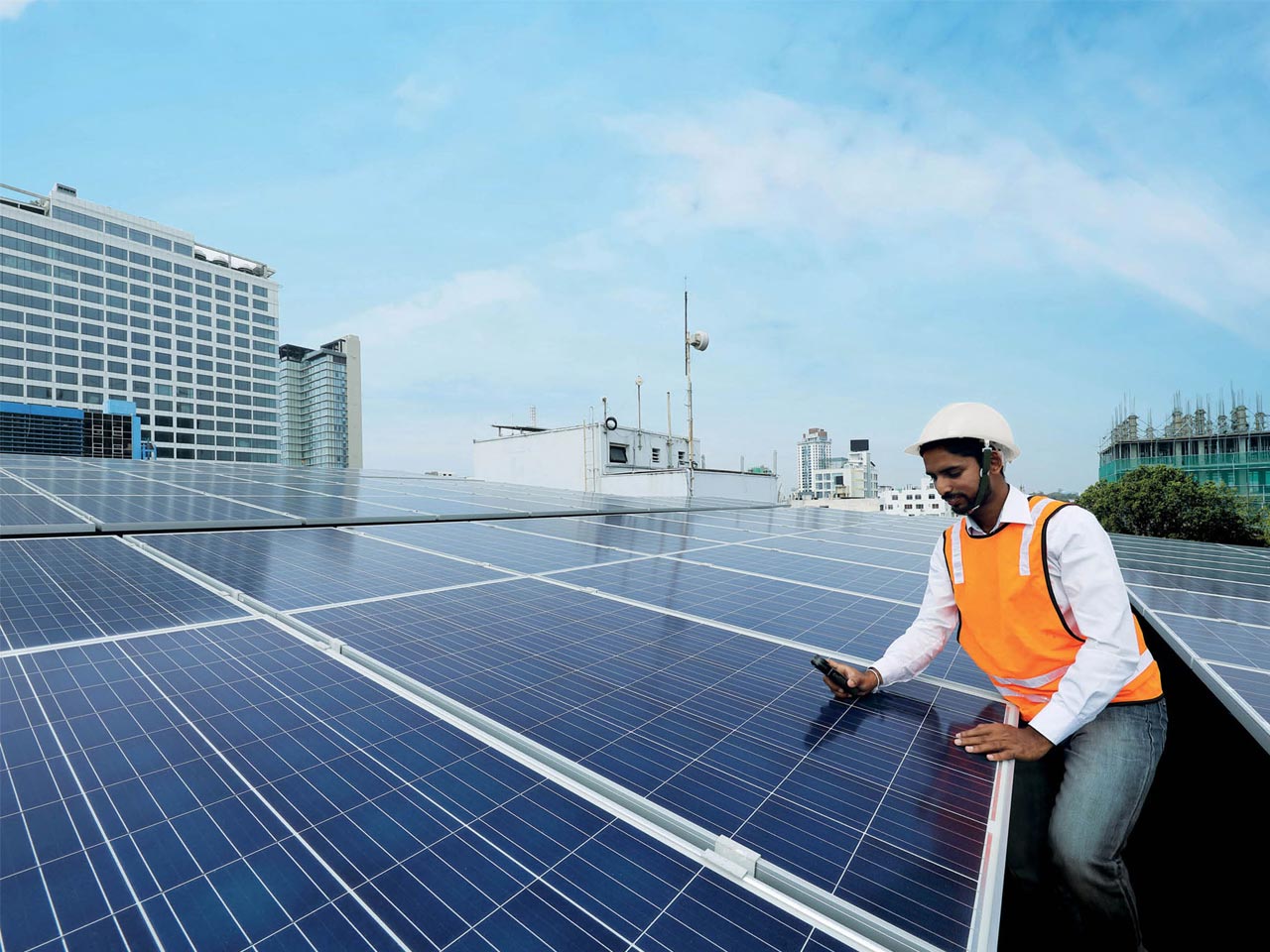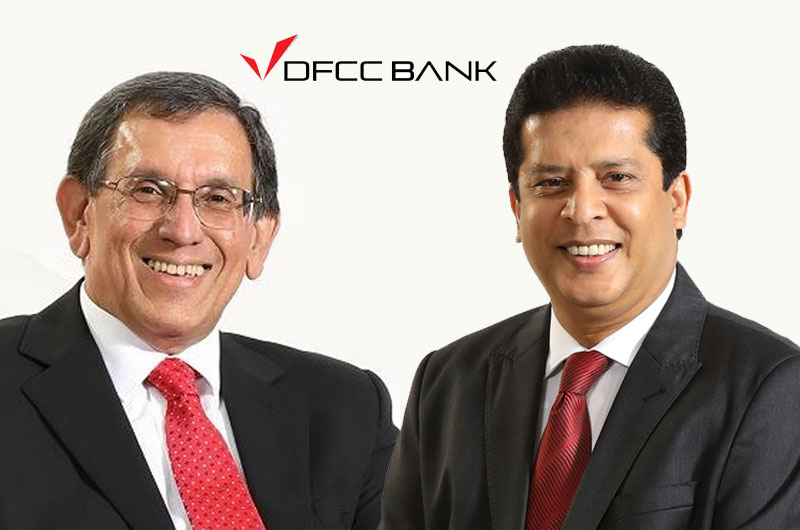The Commercial Bank of Ceylon has become the first Sri Lankan bank to achieve carbon neutrality for the entirety of its operations, encompassing all 268 branches and its head office – a monumental milestone in the Bank’s commitment to the environment.
Becoming a net-zero carbon company was one of Commercial Bank’s Green Goals, to be achieved by the close of its centenary year in 2020.
The Bank’s carbon neutral status has been affirmed by Climate Smart Initiatives (Pvt) Ltd., which executed the quantification of the Bank’s carbon footprint in accordance with the ISO 14064‐1‐2018 standard. A total of 13 emission sources covering both direct and indirect emission sources of the Bank were considered for this analysis. Additionally, the Sri Lanka Climate Fund operating under the Ministry of Environment performed an independent third-party verification in accordance with the ISO 14064-3-2018 guidelines and awarded the prestigious ISO 14064 certificate to the Bank.
Commenting on this achievement, Commercial Bank Managing Director Mr S. Renganathan said: “This is what success looks like to us; working towards the enhancement of shareholder returns without compromising the Bank’s responsibility to society and the environment. We are delighted to have achieved ‘carbon-neutral’ status – no small feat for the largest private bank in the country. The Bank believes that sustainable success is a balancing act – between continuity and change, stability and disruption, being conservative and bold. Our sustainable banking practices have been designed with this in mind.”
The Bank began the process of measuring its carbon footprint in 2017 as its first step to reducing its environmentally harmful emissions. Mitigation actions such as the installment of solar PV systems, efficient AC systems, LED lighting and such were introduced even before the carbon footprint measuring process began. Currently, 49 branches of the Bank are powered partially or entirely by solar energy.
Subsequent to the environment-friendly adjustments, the Bank managed to reduce emissions attributed to the consumption of grid-connected electricity from 8,172 metric tonnes of carbon dioxide equivalent (tCO2e) in 2017 to 7,649 tCO2e in 2019. This 5.88% decrease in grid-connected electricity consumption led to the reduction of total Green House Gas (GHG) emissions of the Bank from 13,055 tCO2e to 12,121 tCO2e, which is more than a 7% decline over the two years.
The Bank’s multifaceted Green initiatives that contributed to its carbon neutrality status and achieving its Green Goals include lending to support eco-friendly operations, migrating customers to paperless banking, reducing consumption of non-renewable energy, water, and other resources in its own operations, and support to community initiatives that help conserve habitats and the environment.
Commercial Bank financed the first commercially viable wind power project and the first commercial-scale solar power project developed in Sri Lanka. It also continues to support projects that focus on renewable energy, energy and water efficiency, waste management, emission reductions, drip irrigation, and rainwater harvesting. The Bank is also involved in the formulation of a Sustainable Banking Initiative (SBI) in the country in partnership with 18 members of the Sri Lanka Banks’ Association.
The Bank’s Green Financing is geared towards the fight against climate change, meeting the Sustainable Development Goals 7 and 12 of the United Nations Global Compact (UNGC): Affordable and Clean Energy, and Responsible Consumption and Production.

Furthermore, Commercial Bank adopts a Social and Environmental Management System (SEMS) to assess and manage social and environmental risks in a strategic and systematic manner. Procedures and workflow within the framework of SEMS ensure that the Bank’s lending is to environmentally sustainable, socially acceptable, and economically viable projects. The Bank’s ‘Green Loans’ and ‘Green Leases’ too are noteworthy contributors to the promotion of eco-friendly businesses.
In addition to its efforts to reduce environmentally harmful emissions, the Bank also purchased carbon credits from a wind energy project registered under the Clean Development Mechanism of the United Nations Convention on Climate Change (UNFCCC) which contributed to its achievement of carbon-neutral status.
Commercial Bank has also funded a mangrove restoration project, the first phase of which was completed recently and the second phase set in motion. Under the first phase of the ‘Koggala Mangrove Restoration and Conservation Project,’ the Bank funded the planting of 2,000 mangrove plants, 750 mangrove associates, and 500 terrestrial plants on ‘Kath Duwa, a little island in the Koggala Lake. Phase two entails the planting of another 3,750 mangrove saplings to form a protective boundary around the island.
The first Sri Lankan Bank to be listed among the Top 1000 Banks of the World and the only Sri Lankan bank to be so listed for 10 years consecutively, Commercial Bank operates a network of 268 branches and 890 ATMs in Sri Lanka.
Commercial Bank’s overseas operations encompass Bangladesh, where the Bank operates 19 outlets; Myanmar, where it has a Microfinance company in Nay Pyi Taw; and the Maldives, where the Bank has a fully-fledged Tier I Bank with a majority stake.




